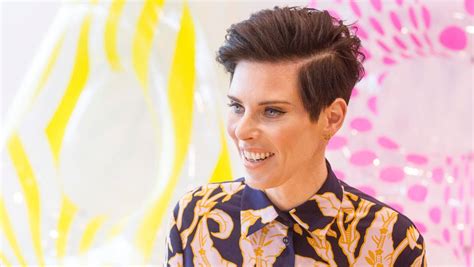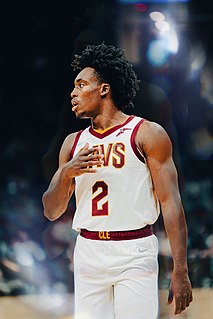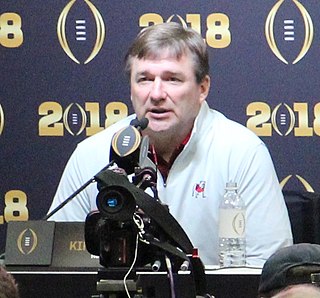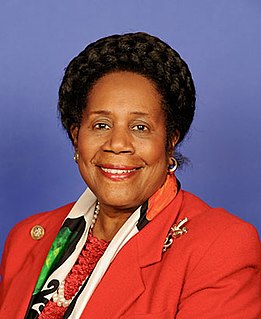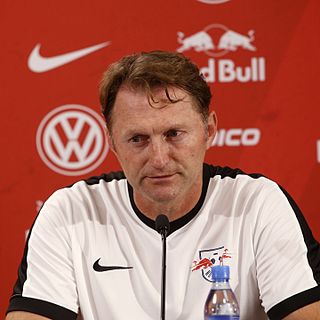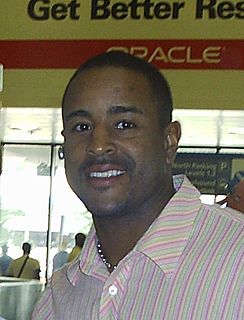A Quote by J. B. Pritzker
Early education is the type of issue politicians nod their heads at, and then when it comes time to make a tough decision, a financial trade-off, inevitably it's about the first item tossed from the table.
Related Quotes
Studies of decision-making in the monkey, where activity of single neurons in parietal cortex is recorded, you can see a lot about the time-accuracy trade-off in the monkey's decision, and you can see from the neuron's activity at what point in his accumulation of evidence he makes his decision to make a particular movement.
I have thought about this issue of abortion time and again. It is not an easy issue for most people. I came to believe over the years that a woman should be able to make this agonizing decision with her doctor and her family and her conscience, and that we should be very careful that we don't make that decision a crime except in the most extreme circumstances.
There is usually a clock in our heads regarding decisions we make and the course of our lives. Sometimes this clock is helpful in that it get us to move rather than put off key actions. Other times, it creates us false sense of urgency that can cause us to overreact, lost patience and make poor decisions. In raising this issue in my book, I want people to be aware of the clock in their heads and question whether that clock is helping or hindering the quality of each particular decision.
We don't invest in financial literacy in a meaningful way. We should be teaching elementary school children how to balance a checkbook, how to do basic accounting, why it's important to pay your bills on time. First, education. Begin the learning process as early as possible, in elementary school. Second, encourage and support entrepreneurism. Third, policy. I know it's a priority of the US Treasury to augment financial inclusion and increase financial literacy.
If I get my teammates going early, then my shots usually open up. Come off pick and roll and make the pocket pass on the first one. Then it's like OK, does the defender step up now? Then next time I may have the layup. So, just playing the game like that. Reading and reacting and not thinking too much.
Entitlements is not sic the issue. And if so, cool heads can sit down and engage the American people and tell us how many seniors in nursing homes do we want to throw out in the street? ... And then who wants to make a fuss about Medicare when it's solvent until 2024? ... Who wants to make a fuss about Social Security when it's solvent - and it's about, 'You earned it'?
Studies have proven that early childhood education returns to society as much as $12 for every dollar invested. Our goal is to identify the most important development opportunities for children five years and younger, providing insight to transform early childhood education from a social policy issue into an economic imperative.





